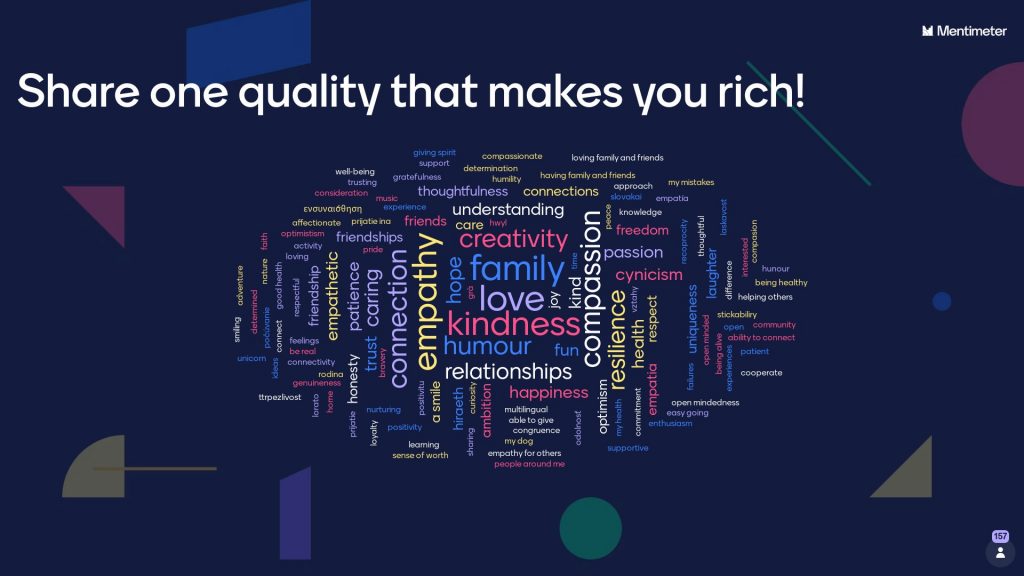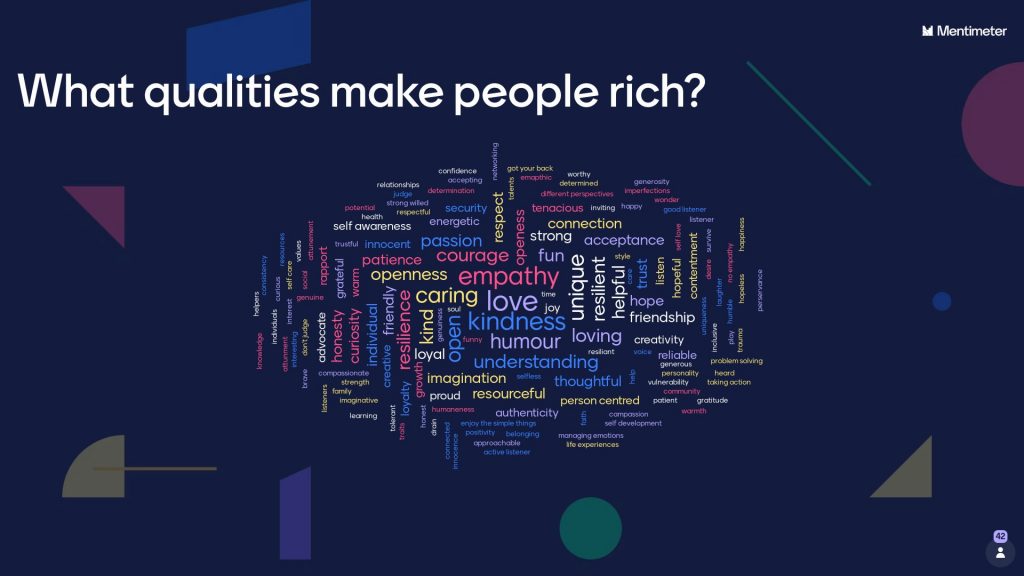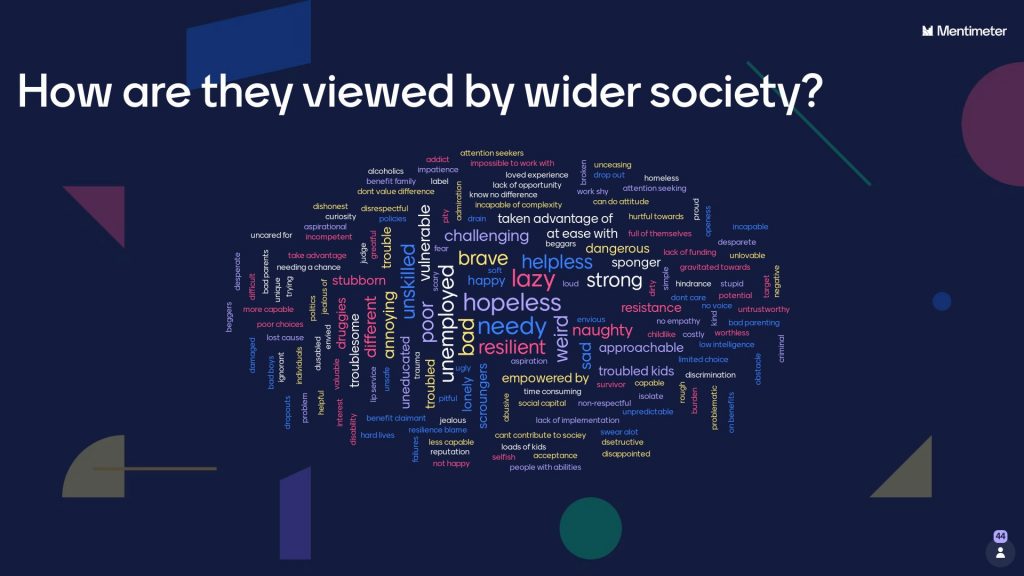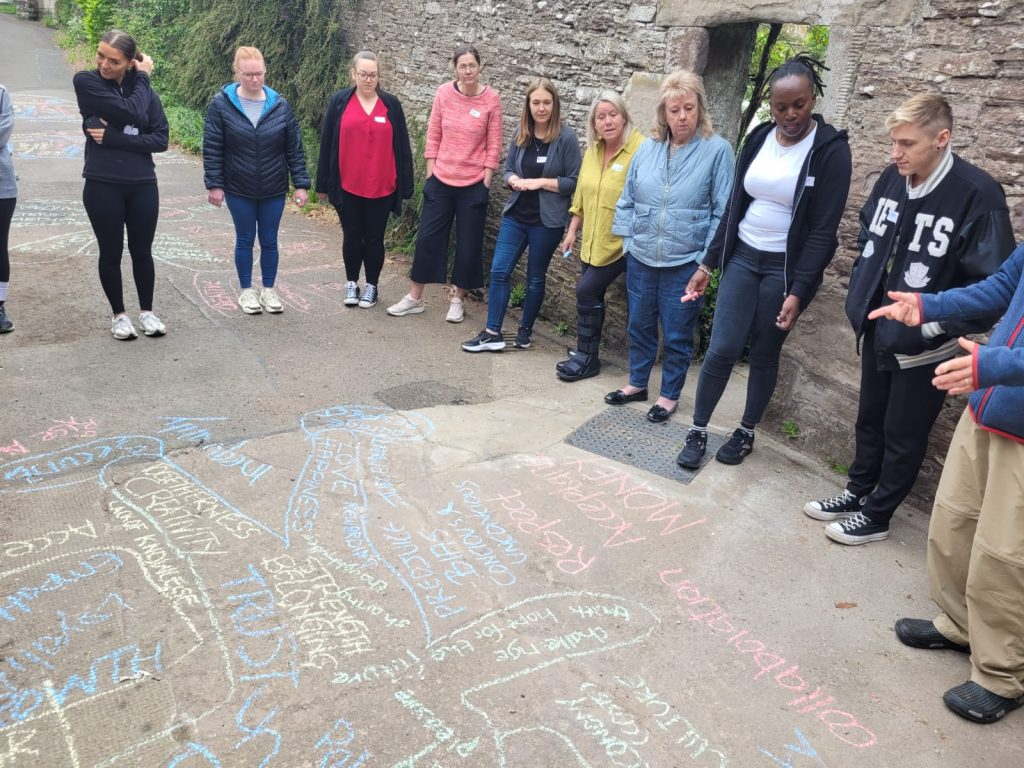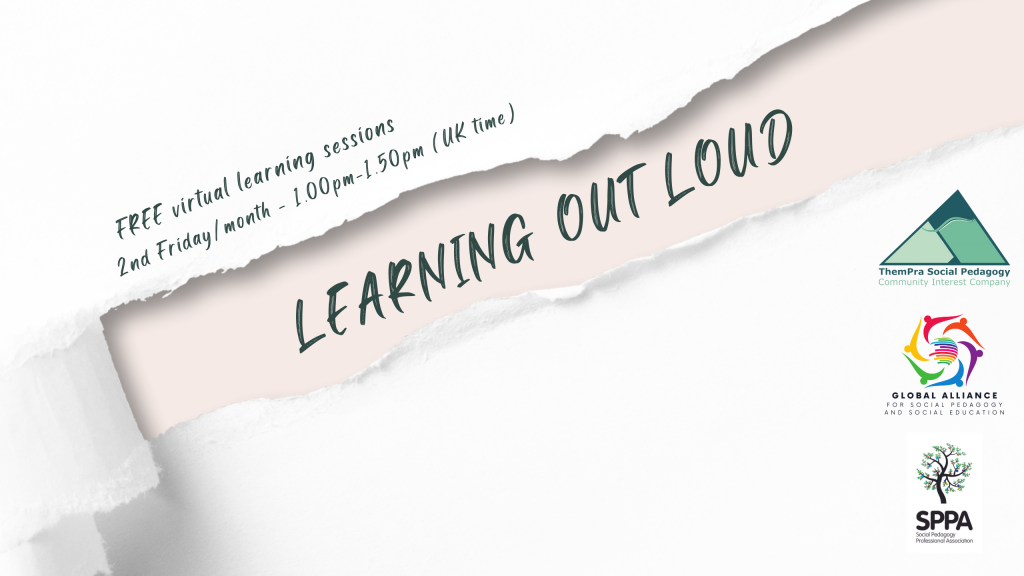
Are you ready to LOL?!?
Calling all social pedagogy enthusiasts! Are you ready to take your learning to the next level? Join us in Learning Out Loud, a vibrant virtual community where we cultivate our learning mindsets, share insights, and connect with like-minded individuals.
Unleash Your Learning Potential
In Learning Out Loud, we harness the power of reflection and shared experiences to transform your learning journey. Bring your recent learning experiences, whether from your practice, readings, podcasts, or webinars, and examine them more deeply within our supportive community.
Share, Explore and Grow Together
In our busy day-to-day practice, it’s easy to undervalue some of the little things we do that make a difference. Yet, often the learning from these experiences can be so valuable. In Learning Out Loud, you can share them with others to gain new perspectives, uncover hidden connections and enrich your understanding. Explore how others’ learning resonates with your own, opening up doors to deeper insights and enhanced practices.
Embark on a Collaborative Learning Journey
Learning Out Loud is more than just a learning space; it’s about being part of a community of like-minded people. We believe learning is critical in any profession, so you’re welcome to join whatever your job role or remit is, and you’re welcome to join for just one or as many sessions as you’d like. We hope you’ll love the opportunity to connect with others, share ideas, and forge meaningful connections that will inspire and motivate you throughout your learning journey.
Learning Out Loud sessions will take place via Zoom on the second Friday of each month at 1.00pm – 1.50pm (UK time). To join, please register below for our next session and discover the power of a shared learning experience!
Learning Out Loud: Where Social Pedagogy Learning Flourishes

